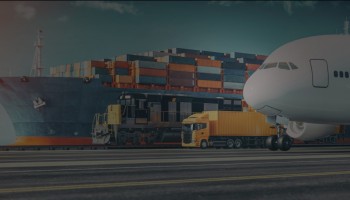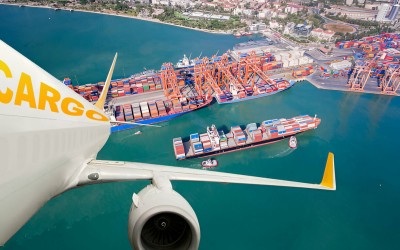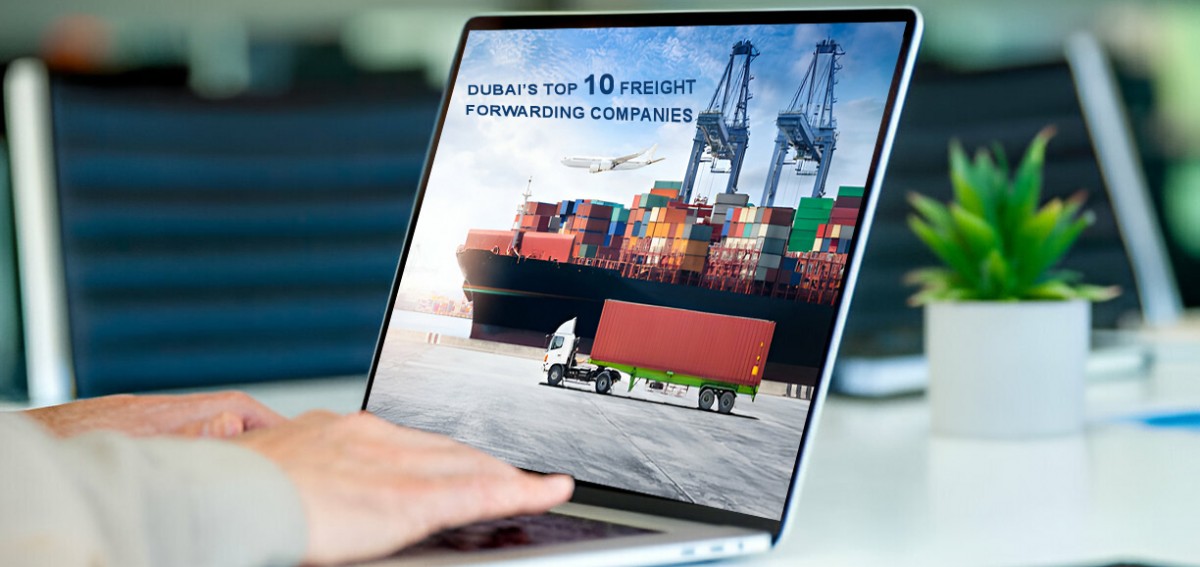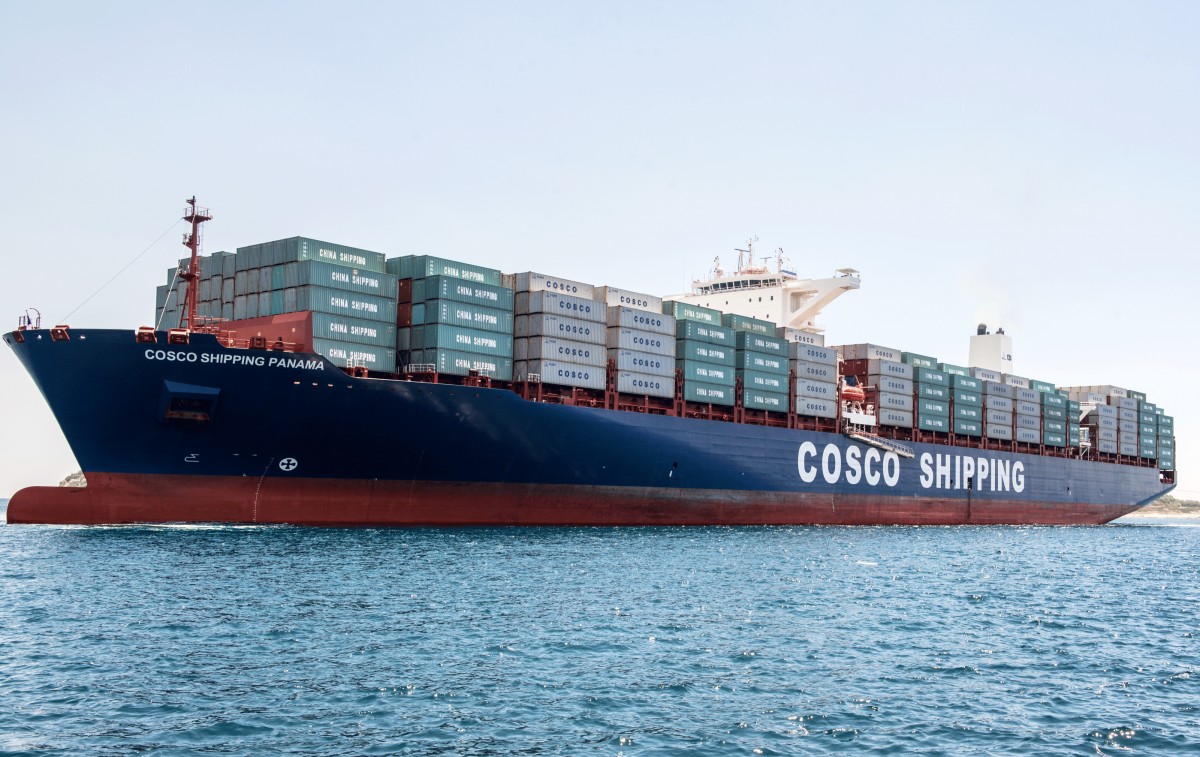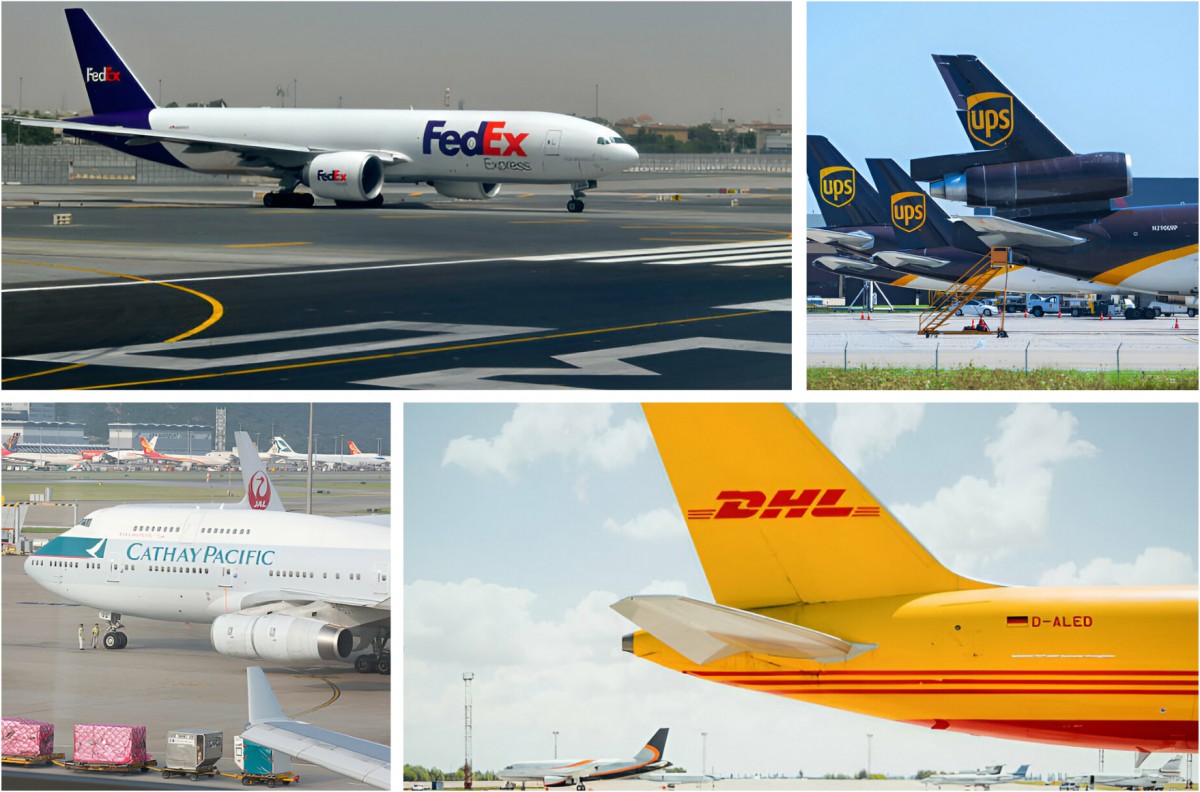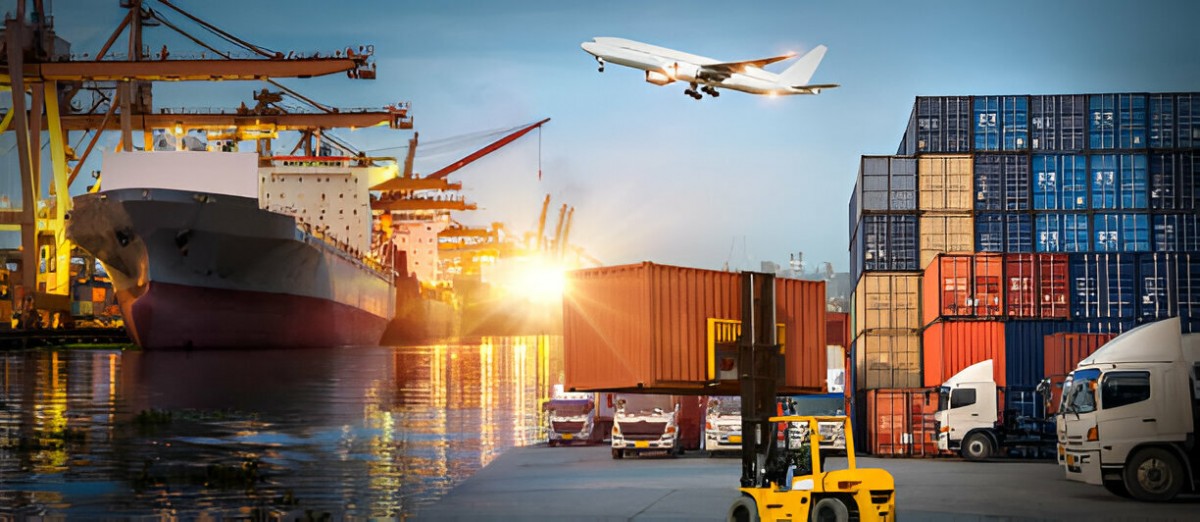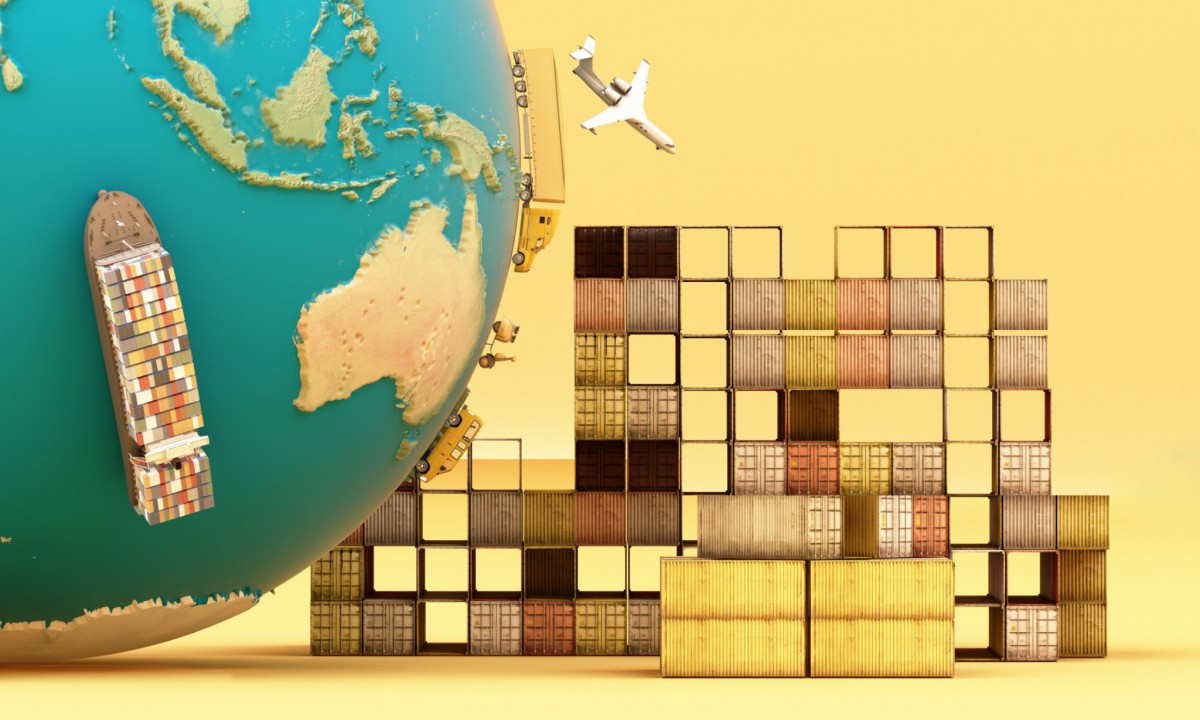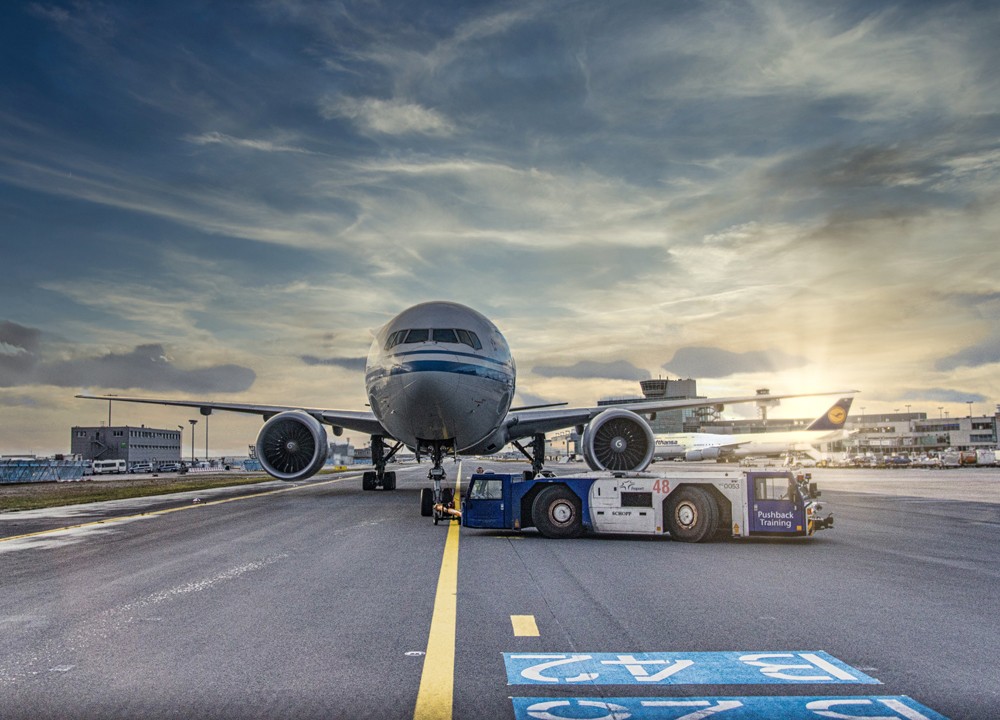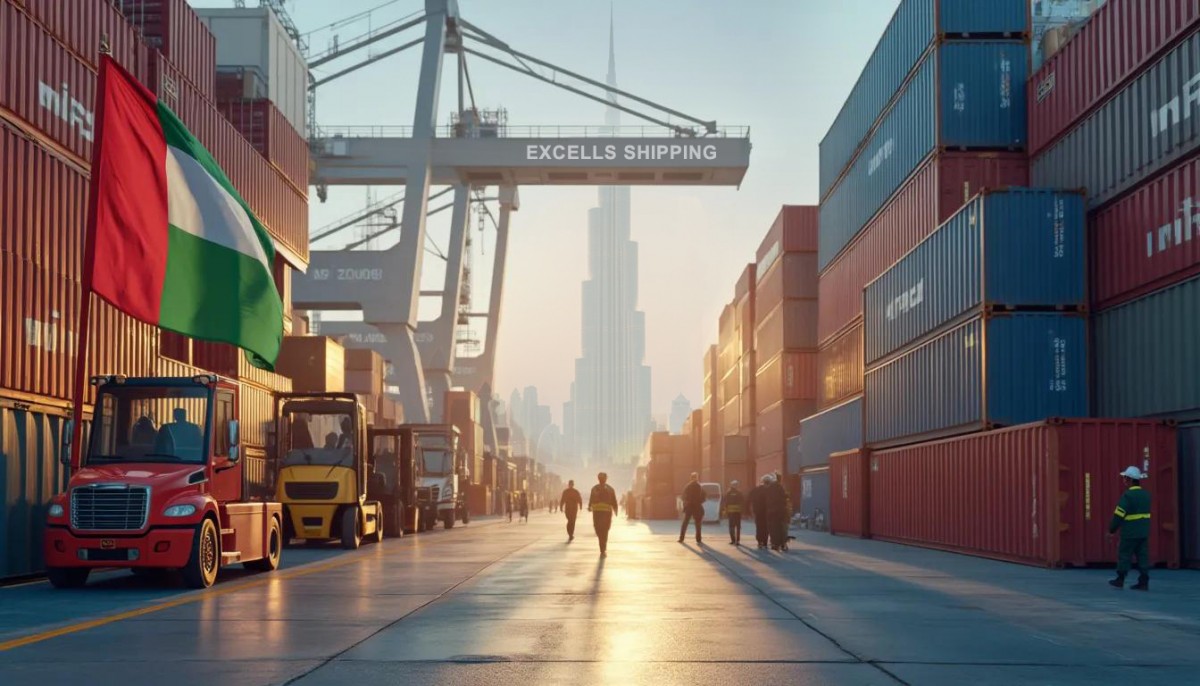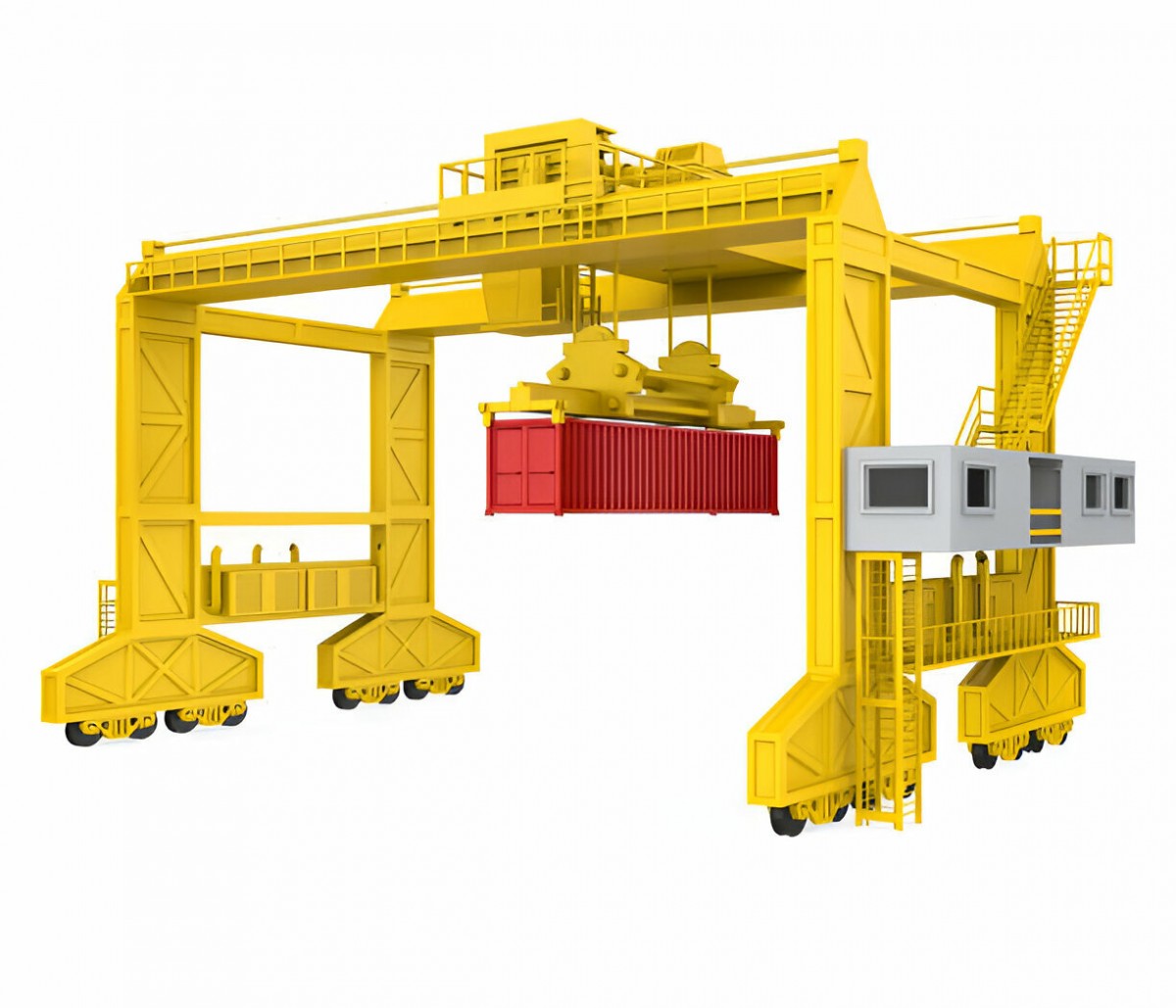The Stages of Customs Clearance
The customs clearance process can be divided into four key stages:
- Declaration of Goods
When goods enter or leave a country, the shipper must declare them to the relevant customs authority. This declaration includes vital details such as the value of the goods, their country of origin, and their destination. Supporting documentation—such as invoices, bills of lading, and packing lists—may also be required. Proper documentation is crucial, as it establishes the legitimacy of the shipment and its compliance with regulations.
- Assessment of Duties and Taxes
Once the customs authorities receive the declaration, they review the documentation to calculate the applicable duties and taxes. These calculations are based on various factors, including the type of goods, their value, and the trade agreements in place between the countries involved. This step is essential for determining the financial obligations associated with the import or export.
- Approval and Clearance
If the customs declaration meets all requirements and the necessary payments have been made, customs officials will provide documentation confirming that the goods have cleared customs. This approval allows the shipment to legally pass the border and continue to its destination. Without this clearance, the goods may be held at customs, leading to delays and additional charges.
- Release of Shipment
Once customs officials clear the shipment, it can be released for onward travel or delivery. At this point, the goods are free to enter the domestic market or be forwarded to the final destination.
The Role of Customs Declaration
A customs declaration is a mandatory document required as part of the customs clearance process. Typically filed electronically, it includes essential information about the goods crossing the customs border during import or export. Key components of a customs declaration include:
- Description of Goods: Detailed information about the nature and purpose of the goods.
- Value: The declared value, which is used to assess duties and taxes.
- Origin and Destination: Information regarding where the goods are coming from and where they are going.
- Transport Details: Mode of transportation and any relevant transport documentation.
Failure to meet the requirements set out by the customs authority can result in goods being held for inspection or further information, leading to delays. To minimize these risks, many importers and exporters choose to work with specialist customs brokers who are experienced in completing and submitting customs declarations.
Who Pays Customs Charges?
Customs duties and taxes can technically be paid by either the buyer or the seller. However, in commercial shipping, it is typically the importer or consignee—the party bringing the goods into a country—who is responsible for these charges.
The party liable for customs charges is usually pre-determined and documented in the contractual incoterms agreed upon by both parties. Understanding who is responsible for customs charges is crucial for both buyers and sellers, as payment methods and deadlines can vary significantly across different countries.
The Importance of Customs Brokers
A customs broker plays a critical role in facilitating the customs clearance process for businesses and individuals engaged in international trade. Their responsibilities include:
- Simplifying the Process: Customs brokers help streamline the customs clearance process, ensuring that goods reach their destinations without unnecessary delays or charges.
- Handling Documentation: They prepare and submit customs documentation, ensuring compliance with local regulations and avoiding common errors.
- Paying Duties and Taxes: Customs brokers can pay duties on behalf of the importer as part of their services, simplifying the payment process.
- Providing Expertise: With specialized knowledge of local customs regulations, brokers can help importers and exporters navigate the complexities of customs clearance.
Using a customs broker can significantly reduce the risk of delays and ensure that shipments clear customs efficiently.
What Are Customs Clearance Services?
Due to the intricate nature of customs regulations, many organizations choose to enlist customs brokers to assist with this crucial aspect of their operations. Customs clearance services typically encompass:
- Documentation Preparation: Assisting with the preparation of customs documents, correcting errors, and identifying missing information before submission.
- Compliance Assurance: Ensuring that shipments comply with customs regulations in the destination country.
- Trade Agreement Consultation: Advising on applicable trade agreements that can help reduce duties and taxes.
- Payment of Duties: Facilitating the payment of customs duties and taxes for the importer, making the clearance process simpler.
- Liaison with Authorities: Communicating with relevant authorities to resolve any issues that may arise during the customs clearance process.
- Post-Clearance Support: Providing ongoing support such as compliance audits and record-keeping to ensure continued adherence to customs regulations.
In conclusion, customs clearance is a vital process in international trade, ensuring compliance with regulations and the proper payment of duties and taxes. Understanding the stages of customs clearance, the role of customs declarations, and the importance of customs brokers can significantly enhance the efficiency of global trade operations. By leveraging customs clearance services, businesses can navigate the complexities of customs regulations and ensure timely delivery of their goods, ultimately contributing to smoother international trade.



